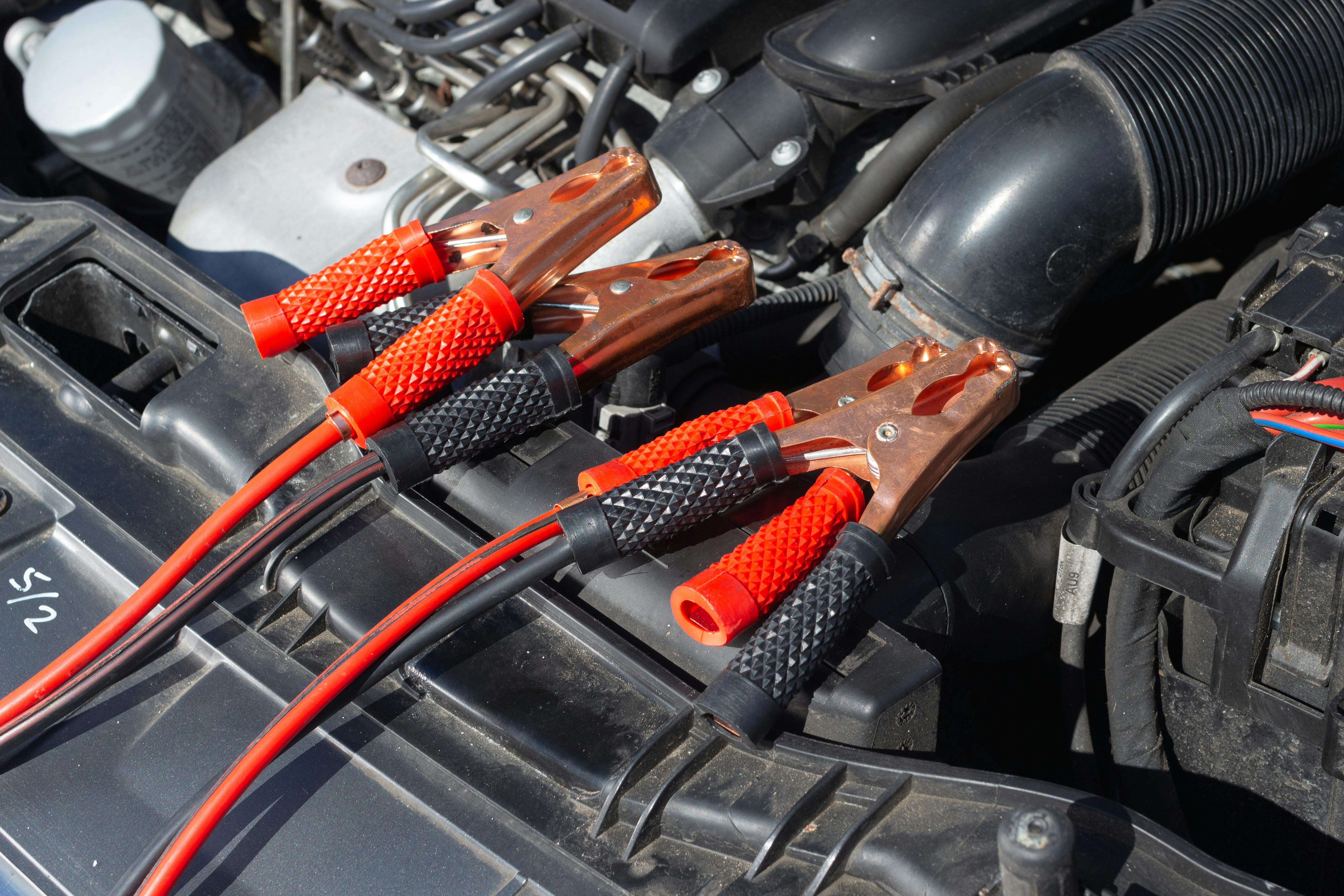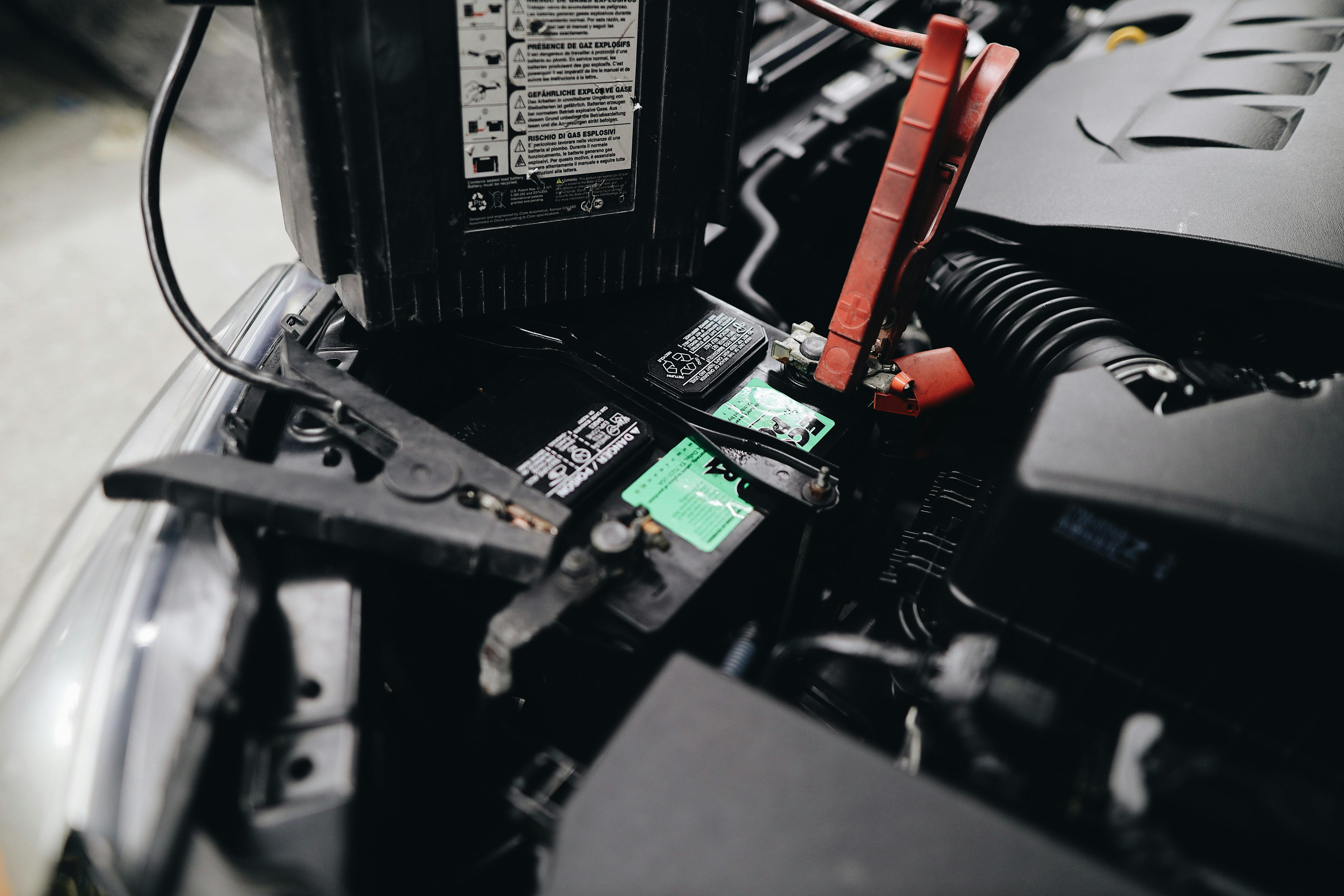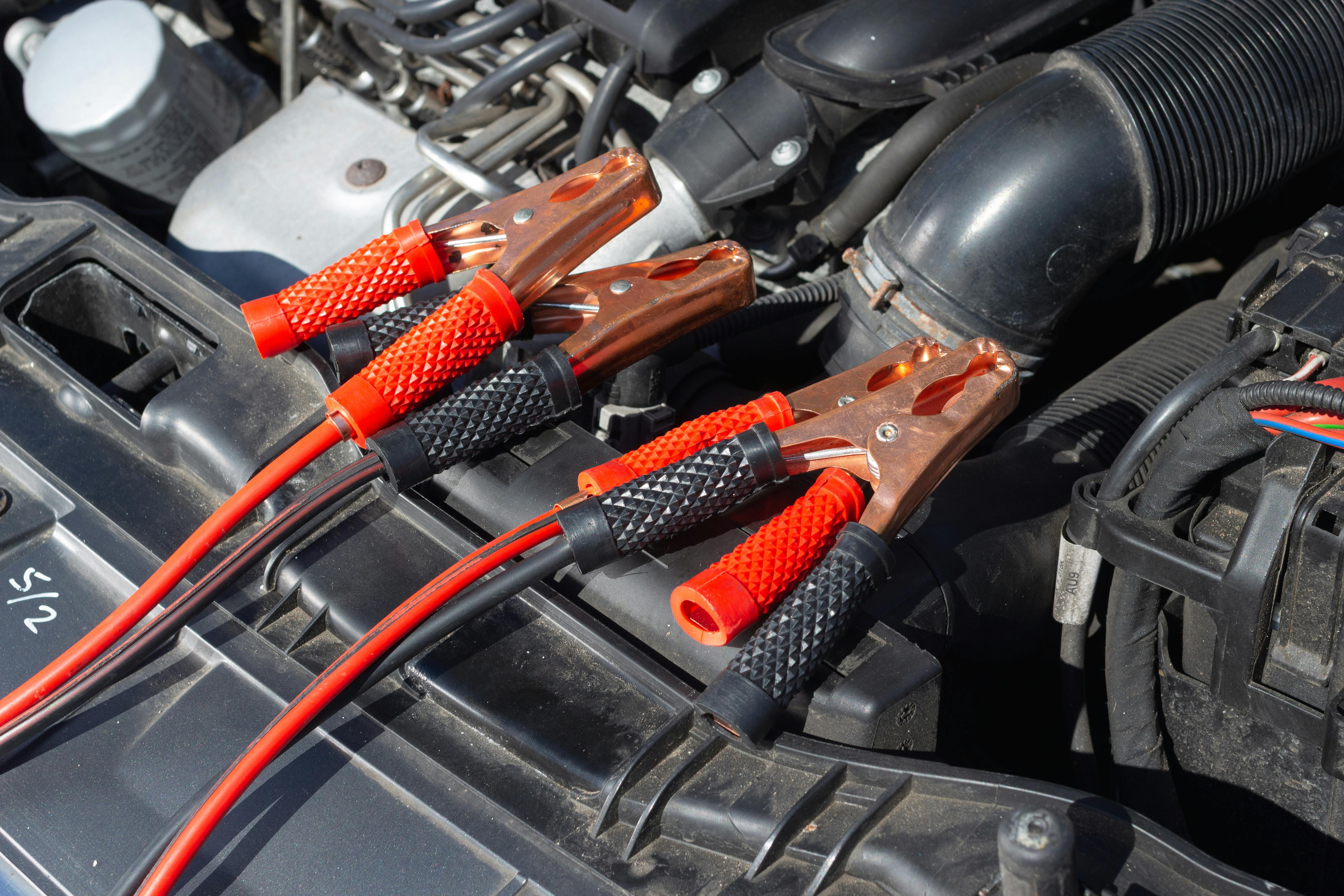How to Identify and Fix Common Electrical Issues in Cars

When it comes to vehicle maintenance, electrical issues are among the most frustrating problems car owners face. These problems can range from minor annoyances to major issues that leave you stranded on the side of the road. At Applewood Performance Center, we've compiled this comprehensive guide to help you identify, diagnose, and fix common electrical issues in cars.
Dead Battery
A dead battery is one of the most common electrical problems. Signs include dim interior lights, the engine not turning over immediately, a battery warning light while driving, and unexpected stalling. The causes of a dead battery often stem from short trips that don't allow the battery to fully recharge, excessive heat exposure, and loose or corroded battery connections.
To prevent a dead battery, consider taking longer trips occasionally to recharge your battery, avoiding parking your car in extremely hot conditions for extended periods, and ensuring the battery is tightly secured while regularly checking for corrosion. If your battery is dead, jump-starting it can be a temporary fix. However, if the problem persists, it’s best to replace the battery entirely.

Malfunctioning Alternator
Indicators of a failing alternator include power warning lights, fluctuating electrical supply, loss of power to electrical components, and the car stalling. These issues can be caused by worn-out components, overloading the electrical system, and neglecting regular maintenance checks.
Preventive measures include getting your alternator checked during routine maintenance, avoiding the use of multiple high-power electrical accessories simultaneously, and addressing any electrical issues promptly. Repairing or replacing the alternator as needed based on a professional diagnostic is usually the solution.
Faulty Starter Motor
A faulty starter motor is often indicated by a clicking noise when you turn the key, the engine not turning over, or a whirring noise that suggests the need to replace the starter solenoid. Causes could include battery corrosion, a worn-out starter solenoid, and frequent stopping and starting.
Preventive tips involve keeping battery terminals clean and free of corrosion, ensuring the battery and fuses are in good working order, and minimizing frequent short trips that require constant stopping and starting. Replacing the starter motor or solenoid is the typical remedy for this issue. Regular maintenance can help catch this problem early.
Bad Fuse Box
Common signs of a bad fuse box include frequently failing fuses, loose fuses, visible broken or bare wires, and water stains on the fuse box. Water intrusion, corrosion, and poor connections are often the underlying causes.
To prevent issues, replace fuses as needed and consult a mechanic for ongoing electrical issues. Inspect and replace faulty fuses immediately. If the problem persists, having a professional check the wiring and connections is advisable.
Bad Spark Plugs
Faulty spark plugs can cause engine trouble, vibrations, trouble idling, decreased gas mileage, and power surges. The causes of bad spark plugs include rough driving habits, leaking engine fluids, and worn-out spark plugs.
Preventive measures involve driving smoothly to avoid stressing the spark plugs, addressing any engine fluid leaks promptly, and replacing spark plugs at the recommended intervals. Replacing spark plugs is often a straightforward and cost-effective solution to these symptoms.
Malfunctioning Ignition Coils
Engine trouble, stalling, the "check engine" light coming on, and reduced gas mileage are common signs of malfunctioning ignition coils. Worn-out spark plugs affecting coil performance, electrical overloads, and general wear and tear are typically the causes.
Preventive steps include following the recommended replacement schedule for ignition coils and replacing spark plugs as soon as issues arise to prevent further damage. The solution often involves replacing the ignition coils and evaluating the spark plugs to ensure they are also in good condition.
Wiring Problems
Wiring issues manifest as flickering lights, power loss, a burning plastic smell, and difficulty starting the car. The causes generally include exposure to harsh weather conditions, physical damage to wires, and aging electrical systems.
To prevent issues, winterize your car to protect the wiring from extreme cold, address electrical issues quickly to prevent escalation, and regularly wash your car to remove dirt and debris that could damage the wiring. Inspect the wiring for visible damage and repair or replace as necessary. Professional diagnostics can help pinpoint the exact cause of wiring issues.
Engine Control Module Failure
Issues with the Engine Control Module (ECM) can cause the car not to start, the “check engine” light to turn on, frequent stalling, and poor running when the car does start. Electrical surges, moisture intrusion, and general wear and tear are often to blame.
Preventive measures include following the recommended replacement schedule for the ECM and addressing any related issues promptly to avoid further damage. Diagnosing and replacing the ECM if necessary should be done by a professional due to the complexity of the system.

Conclusion
Electrical issues in cars can be daunting, but with timely maintenance and attention to symptoms, many problems can be prevented or resolved before they lead to more significant issues. At Applewood Performance Center, we recommend regular vehicle check-ups and prompt attention to any electrical anomalies. By following these guidelines, you can ensure a smoother, more reliable driving experience.



